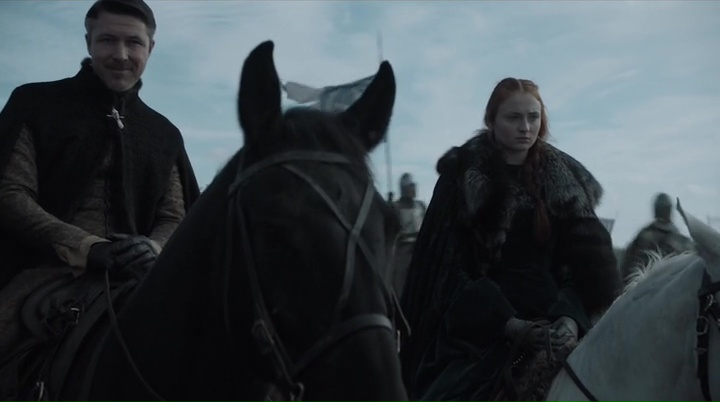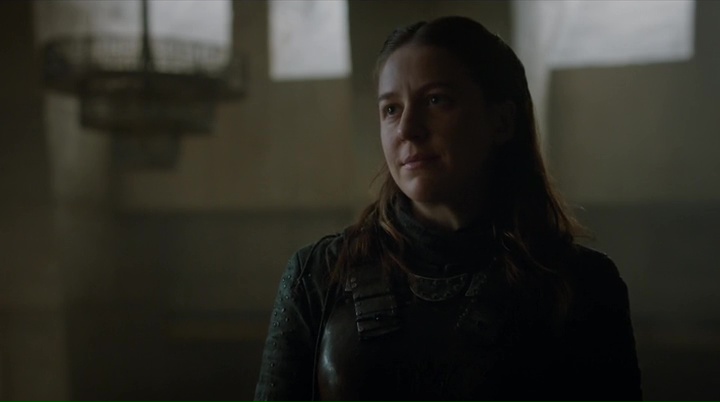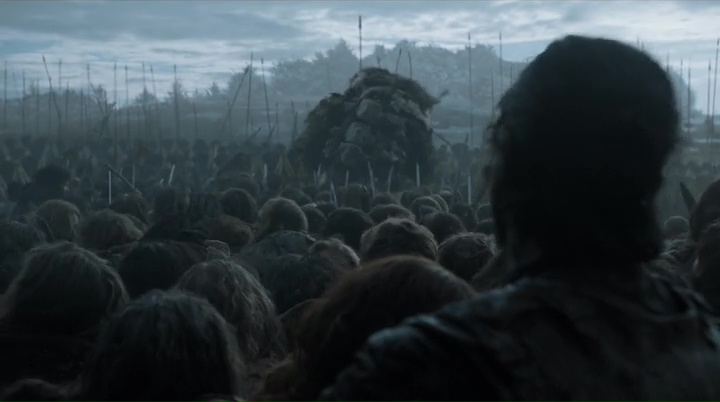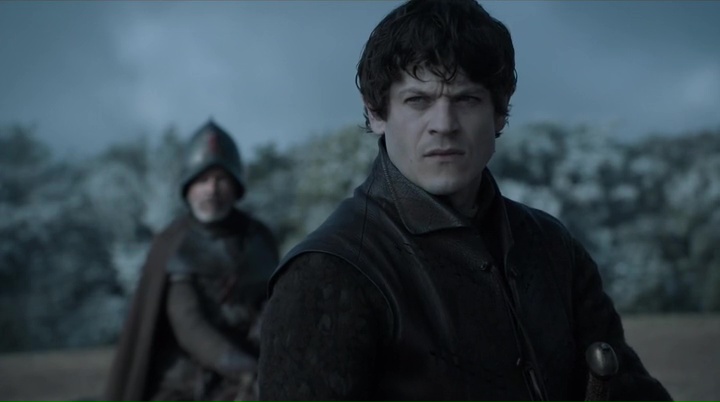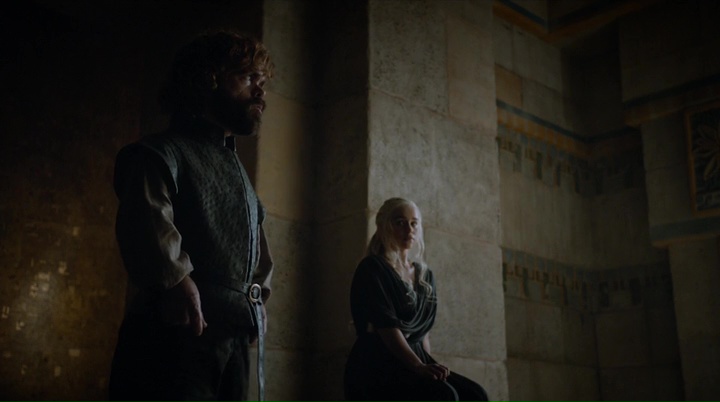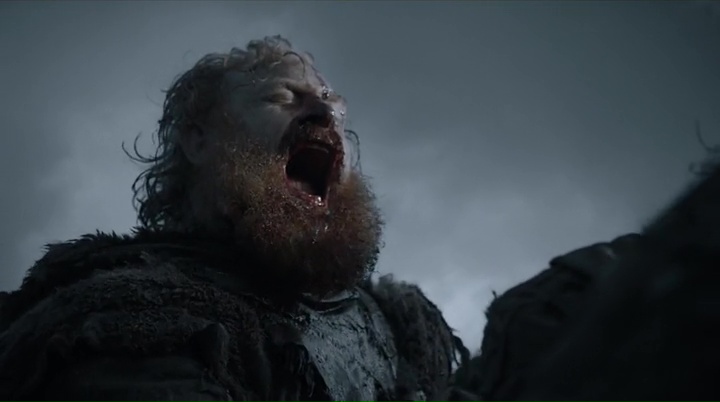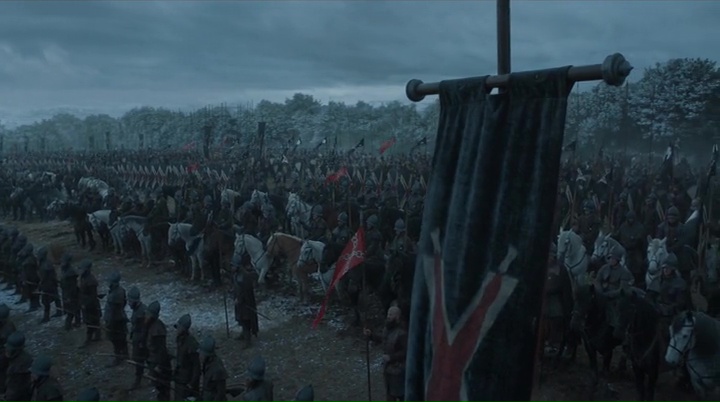 TV
TV In Which Stranger Things Have Not Yet Occurred
 Monday, July 18, 2016 at 11:40AM
Monday, July 18, 2016 at 11:40AM The following review contains mild spoilers for the first three episodes of Netflix's Stranger Things.

Pleathers
by DICK CHENEY
Stranger Things
creators Matt Duffer & Ross Duffer
Netflix
Joyce Byers (Winona Ryder) lives in a run-down half ranch ever since her husband left her and moved to Indianapolis. Her clothes are draped over her shoulders in a casual-Mom esque way, the colors all poached green and residue brown. The makeup she does apply tends to make her look older, not younger. She is completely familiar yet entirely fraudulent as a divorced Midwesterner, since a remarkable feature of the Midwest is that it only has Jews in Ohio or Chicago.
Most of Winona Ryder's family died in the Holocaust so she could play this gentile imitation of life. Her sons Will (Noah Schnapp) and Jonathan (Charlie Heaton), are maudlin, secretive individuals unhappy in themselves and uneasy with others. Jonathan is an amateur photographer who enjoys taking photographs of his unsuspecting classmates. Will is a strong student more interested in bonding with his tight-knit group of friends than his disassociated family.

Stranger Things leans so heavily on the concept of the 1980s that it will fall over and collapse without constant referring to its own time period. Between games of Dungeons & Dragons, Will's friend Mike (Finn Wolfhard) tells his parents about the guy his sister is fucking, a bro named Steve Harrington whose idea of a good time is shotgunning a beer. Everything in this epoch seems way toned down from what it actually was, like the 1970s never actually touched the small town of Hawkins, Indiana.

Mike's sister Nancy (Natalia Dyer) is the breakout star of Stranger Things, which attempts to arrange a bunch of clichés from the terrible science fiction of the period into some kind of amalgam of inventiveness. She does the dirty deed with Steve Harrington, and the next day her friend has disappeared and her mother is screaming at her for telling the truth. This is such an absurd fate for a honest woman living her life as she sees fit.
Slut-shaming is everywhere in Stranger Things, a concession to small-town American values and how they stay intact no matter how much the surrounding world changes. In order to hide a young girl who they find in the woods, Mike Wheeler and his friends dress her up in a wig and do her makeup. No one in this society could possibly deal with a young girl who shaved her head.

I was actually alive during the 1980s. It was nothing like this, and as Tony Soprano famously said, "Remember when is the lowest form of conversation." To further enforce the prurient sense of nostalgia at work in Stranger Things, the chief antagonist is portrayed by a desiccating Matthew Modine. His role is as completely vacuous as the faceless monster who appears to absorb Will Byers into his carapace in the show's dull first episode.
Stranger Things gets substantially better from there. Ryder, it turns out, plays a fantastic Christian woman, and her considerable charisma is always a relief to engage. Just as entertaining to watch is the breakout performance of Hawkins' only sheriff, Jim Hopper (David Harbour). The rest of the casting on this project is as sublime, and it is great fun to watch all these characters engage with one another, no matter how slight the premise.

The science fiction elements of Stranger Things are in fact pretty dreadful, and contain nothing much in the way of science at all. This decision appears purposeful. Like much of the cinematic output of that dreadful decade, the context of horror in this small town is more basic fantasy, and not overly ambitious fantasy at all at that. Joyce believes that she can contact her son through the electrical circuits in her house. Mike's telekinetic friend that he found in the woods has a similar idea, and things develop slowly from there.
The synthesized music adds to general fantastic atmosphere. It would have been easy to turn this flimsy story into a tongue-in-cheek situation, but almost nothing is played completely for laughs, and the general tone in Stranger Things is, if anything, over-serious. "Sometimes people don't say what they're really thinking," one of the characters explains to Nancy at one point, but in Stranger Things they mostly do, again and again.
Dick Cheney is the senior contributor to This Recording.































